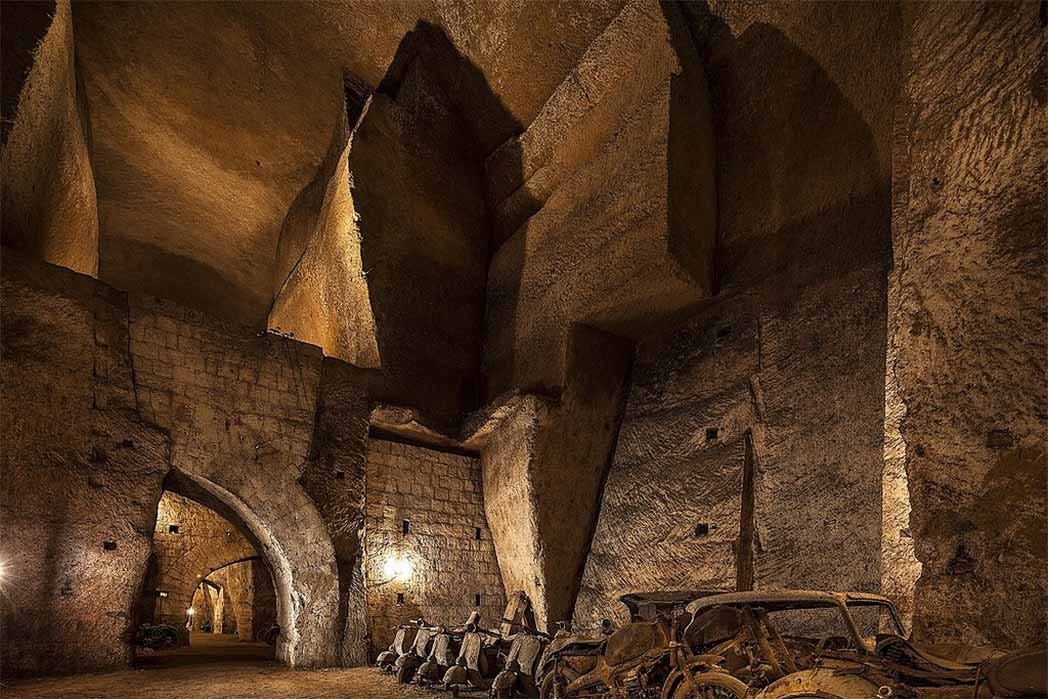The Mischievous Munaciello: A Folletto of Neapolitan Folklore

Every nation has its unique folklore, with cities and villages brimming with legends of magical creatures and supernatural beings. These tales, passed down from grandparents to grandchildren, evolve over time, creating a captivating tapestry that enchants and intrigues listeners. These entities inhabit a realm where space and time defy human understanding, sustained by the continuous retelling of their stories. These fantastical characters blend seamlessly with history and the daily lives of ordinary people.
Enriched by ancient superstitions, these characters embody age-old fears and desires. They are numerous and enigmatic, sometimes frightening, other times endearing, often displaying contradictory traits that underscore their elusive nature. They often interact with those who believe in communication with the afterlife, those unsatisfied with rational explanations for seemingly inexplicable events, those with strong family ties, and those who retain a sense of wonder.
These beings can make themselves known in surprising ways, appearing either as themselves or following a set script. They might emerge at night or during the day, hide in forests, or haunt homes and ancient ruins.
Italy, too, has its share of legends and folklore featuring supernatural beings, known locally as folletti. The term "folletto" is derived from "folle," Latin for "ball" or "something light and airy." In Naples, in the Campania region of southern Italy, one such folletto is known as Munaciello.

The Trickster Munaciello
Munaciello, whose name means "little monk" in Neapolitan dialect, is a capricious figure whose mood can swing from benevolent to malevolent based on how people treat him or their financial status. He is often depicted in a robe with silver buckles on his shoes, but his appearance can vary greatly. He might appear as a deformed child, an elderly person in a wig, a young elegant man, or a figure in a Franciscan habit. Neapolitans have a saying, "O Munaciello, a chi arricchisce e a chi appezzentisce," meaning "Munaciello can either make you rich or turn you into a beggar."
Although unpredictable, it's dangerous to mock or oppose Munaciello. He enjoys playing tricks and rarely shows himself, though his actions make his presence known.
Strange noises, sudden fortune or loss, love affairs, or children's tantrums are often attributed to him. His legend has inspired various artistic works and has roots in historical theories.

The Pozzaro Hypothesis
One theory suggests that Munaciello's origins lie with the historic pozzari, who maintained Naples' network of cisterns. These small-statured men accessed homes through wells to clean the cisterns below. They were often blamed for thefts and disappearances of valuables, which they sometimes gifted to their lovers. Similarly, Munaciello is known for both stealing and giving gifts.


